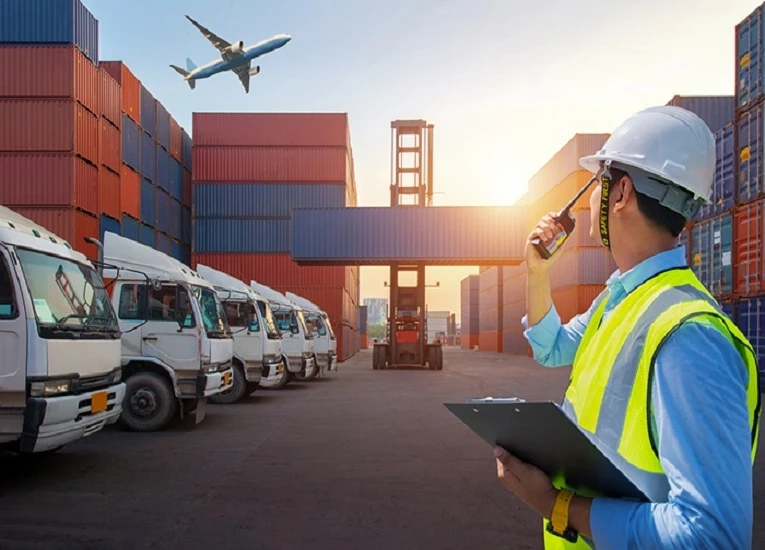In the global economy, efficient and secure movement of goods is crucial. Customs and cargo agencies play significant roles in facilitating international trade, ensuring compliance with regulations, and safeguarding national security. This article delves into the functions, importance, and interplay of customs and cargo agencies in the modern logistics landscape. Check out: Agente aduanero Guatemala
Customs Agency
A customs agency is a government authority responsible for regulating the import and export of goods across national borders. Their primary roles include:
- Revenue Collection: Customs agencies collect duties and taxes on imported goods, contributing significantly to national revenue.
- Regulation and Compliance: They ensure that all imports and exports comply with national laws and international agreements, including trade restrictions and embargoes.
- Security: By monitoring and inspecting goods, customs agencies help prevent the smuggling of contraband, including illegal drugs, weapons, and counterfeit products.
- Trade Facilitation: They work to streamline procedures and reduce bureaucratic hurdles, promoting smoother and more efficient trade flows.
Key Functions
- Customs Clearance: This involves the assessment and verification of goods documentation, calculation of duties and taxes, and physical inspection of cargo where necessary.
- Risk Management: Using advanced data analytics and intelligence, customs agencies identify high-risk consignments for detailed scrutiny, thus focusing resources effectively.
- Enforcement of Trade Policies: They implement international trade agreements and national trade policies, ensuring that all trade activities are lawful and beneficial to the national economy.
- Facilitation of Legitimate Trade: By adopting automated systems and electronic data interchange (EDI), customs agencies expedite the processing of low-risk goods, thereby reducing delays and costs for businesses.
Cargo Agency
Definition and Role
A cargo agency, also known as a freight forwarder or logistics provider, is a private entity that arranges the shipment of goods on behalf of shippers. Click here for: Agencia de aduanas en Guatemala
Their primary roles include:
- Logistics Planning: They plan and coordinate the transportation of goods from the origin to the destination, choosing the most efficient and cost-effective routes and modes of transport.
- Documentation: Cargo agencies handle all necessary documentation, such as bills of lading, export/import licenses, and insurance policies, ensuring compliance with international shipping regulations.
- Consolidation and Deconsolidation: They often consolidate smaller shipments into larger consignments to optimize space and reduce costs, and deconsolidate them at the destination.
- Customs Brokerage: Many cargo agencies also offer customs brokerage services, facilitating the customs clearance process on behalf of their clients.
Key Functions
- Transportation Management: This includes selecting carriers, negotiating freight rates, and arranging multimodal transport solutions to ensure timely and cost-effective delivery.
- Cargo Insurance: Cargo agencies provide insurance options to protect goods against loss or damage during transit, giving shippers peace of mind.
- Warehousing and Distribution: They offer warehousing services, including storage, inventory management, and order fulfillment, to support the supply chain.
Freight Tracking and Reporting: Utilizing advanced tracking systems, cargo agencies provide real-time updates on the status of shipments, enhancing visibility and control for shippers. Visit here: Importaciones en Guatemala
Conclusion
Customs and cargo agencies are integral to the global trade ecosystem. Customs agencies ensure the lawful and secure movement of goods across borders, while cargo agencies facilitate the logistics of shipping. Their collaboration enhances efficiency, reduces costs, and ensures compliance with international trade regulations, ultimately supporting economic growth and international commerce.
For more information visit our website: https://www.seal.com.gt/



